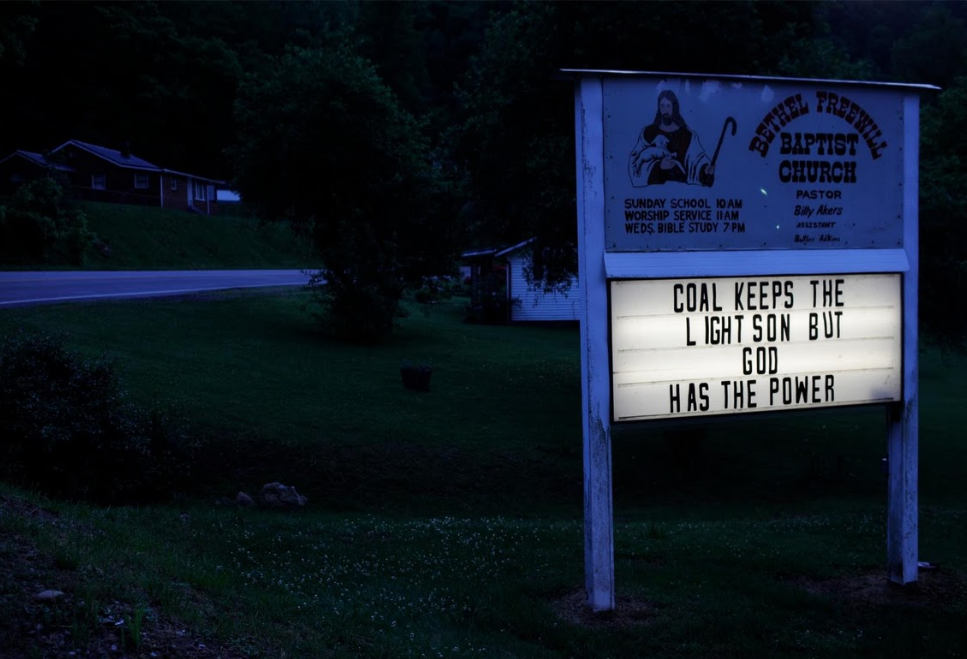
As a young man, Barry Shrewsbury (not pictured) dug coal in the West Virginia mines and spent his time off hunting and fishing in the rolling hills.
Now, at 62, he struggles to breathe and accomplish basic tasks such as shopping and showering, and relies on a federal fund for ex-miners with black lung disease to pay for an oxygen tank and doctor visits.
“The benefits are a lifeline,” Shrewsbury said between laboured breaths after a treatment at the Bluestone Health Center in Princeton, West Virginia, an industrial-style building set against the leafy landscape.
That lifeline is threatened. The Black Lung Disability Trust Fund is at risk of insolvency due to soaring debt and a slashing of coal-company contributions through a tax cut scheduled for the end of the year, according to a report the U.S. Government Accountability Office plans to publish soon, two sources briefed on it told Reuters.

Retired coal miner Bethel Brock, who has complicated black lung disease, stands next to the abandoned facilities of the Roda mine.
That shortfall – which comes as black lung rates hit highs not seen in decades – could force the fund to restrict benefits or shift some of the financial burden to taxpayers, the sources said on condition of anonymity. The fund currently provides medical coverage and monthly payments for living expenses to more than 15,000 people, according to a Congressional report published this year.
The coal industry, meanwhile, is lobbying Congress to ensure the scheduled tax reduction goes forward, arguing the payments have already been too high at a difficult time for mining companies and that the fund has been abused by undeserving applicants.
“More often than not, we are being called upon to provide compensation for previous or current smokers,” said Bruce Watzman, head of regulatory affairs for the National Mining Association.
He said that view was based on “discussions with those administering this program for companies” and initially said he had no research on black-lung benefits paying for smoking-related diseases.
Watzman later cited a study from 1989 by the University of Louisville School of Medicine. The researchers examined 1,000 black-lung benefit applications and found that coal miners judged “potentially eligible” for benefits smoked at higher rates that those who did not qualify.
Medical experts dispute that argument, saying the disease – an incurable illness caused by inhaling coal dust – is easy to distinguish with x-rays.
“It is not caused by smoking,” said Dr. David Blackley, head of Respiratory Disease Studies at the National Institute for Occupational Safety and Health.
The Labor Department, which manages the fund, considers all potential causes of an applicant’s lung problems before awarding benefits, said Amy Louviere, a spokeswoman for the department’s Mine Safety and Health Administration. The approval rate for applications was about 20 percent last year, according to department data.
Coal companies are currently required to pay a $1.10 per ton excise tax on underground coal production to finance the fund. That amount will revert to the 1977 level of 50 cents at the end of the year if Congress does not extend the current rate.
The fund has already been forced to borrow more than $6 billion from the U.S. Treasury to finance benefits during the life of the program, according to the Treasury Department. About half of the fund’s revenue now goes to servicing that debt.